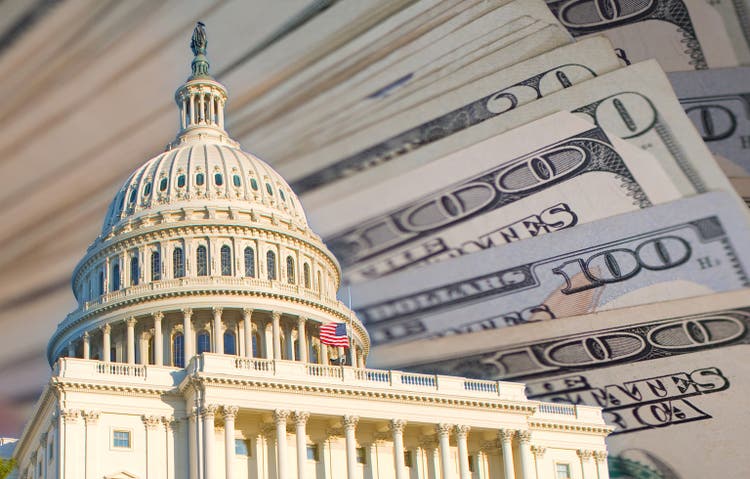
Douglas Rissing/iStock via Getty Images
Once again, U.S. lawmakers have struck a deal on a temporary spending bill to keep the government funded until early March, aiming to steer away from a looming partial shutdown next week.
This stopgap spending bill is designed to extend funds for certain government agencies through March 1 (previously January 20), while others would receive funding through March 8 (formerly February 2).
House Speaker Mike Johnson emphasized the necessity of a short continuing resolution in order to achieve the Republicans’ goals, stating, “A short continuing resolution is required to complete what House Republicans are working hard to achieve: an end to governance by omnibus, meaningful policy wins, and better stewardship of American tax dollars.”
The Senate is set to commence procedural votes on the bill, or continuing resolution, on Tuesday. Senate Majority Leader Chuck Schumer stressed the vital need for bipartisan cooperation in both the Senate and the House to swiftly pass the continuing resolution and deliver it to the President’s desk before Friday’s funding deadline, to avert a shutdown.
However, opposition to the latest bill has emerged from the Republican side. The House Freedom Caucus, consisting of Republican members of the House of Representatives, criticized the short-term spending bill, claiming it is merely a tactic to buy time “to pass longer-term spending bills at Pelosi levels with Biden policies. This is what surrender looks like.”
Insight into the U.S. Government and Funding









